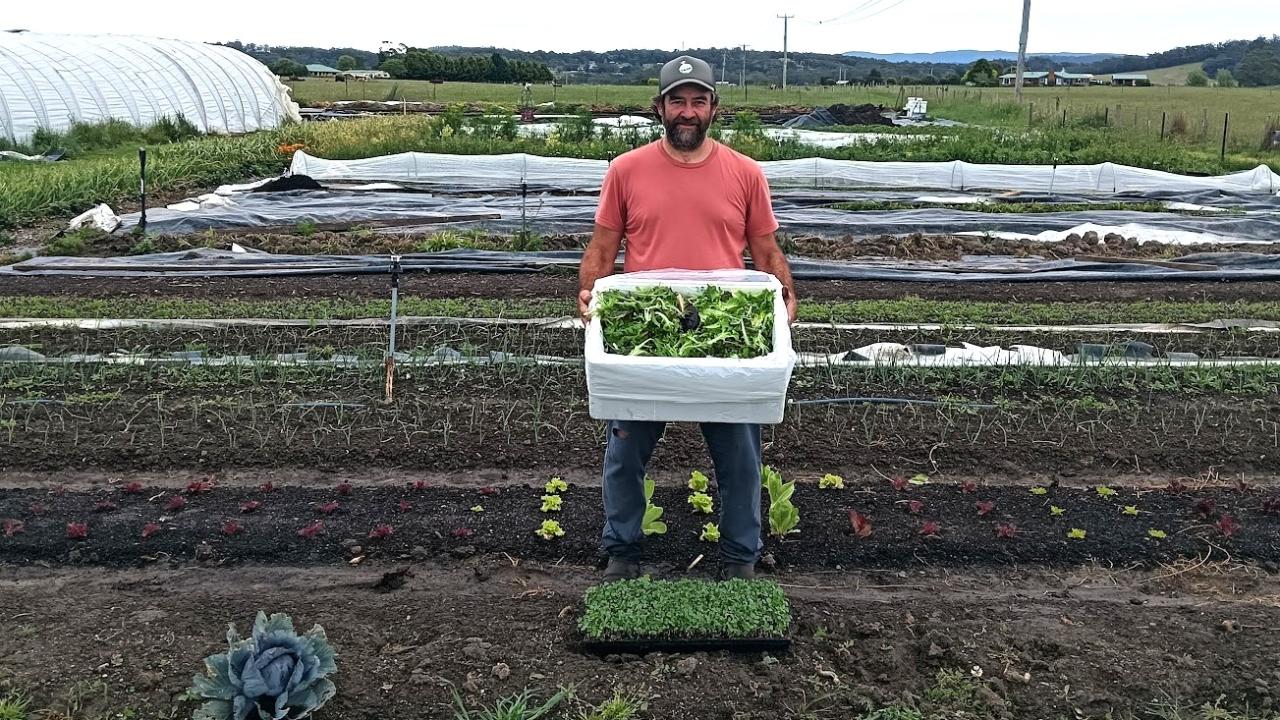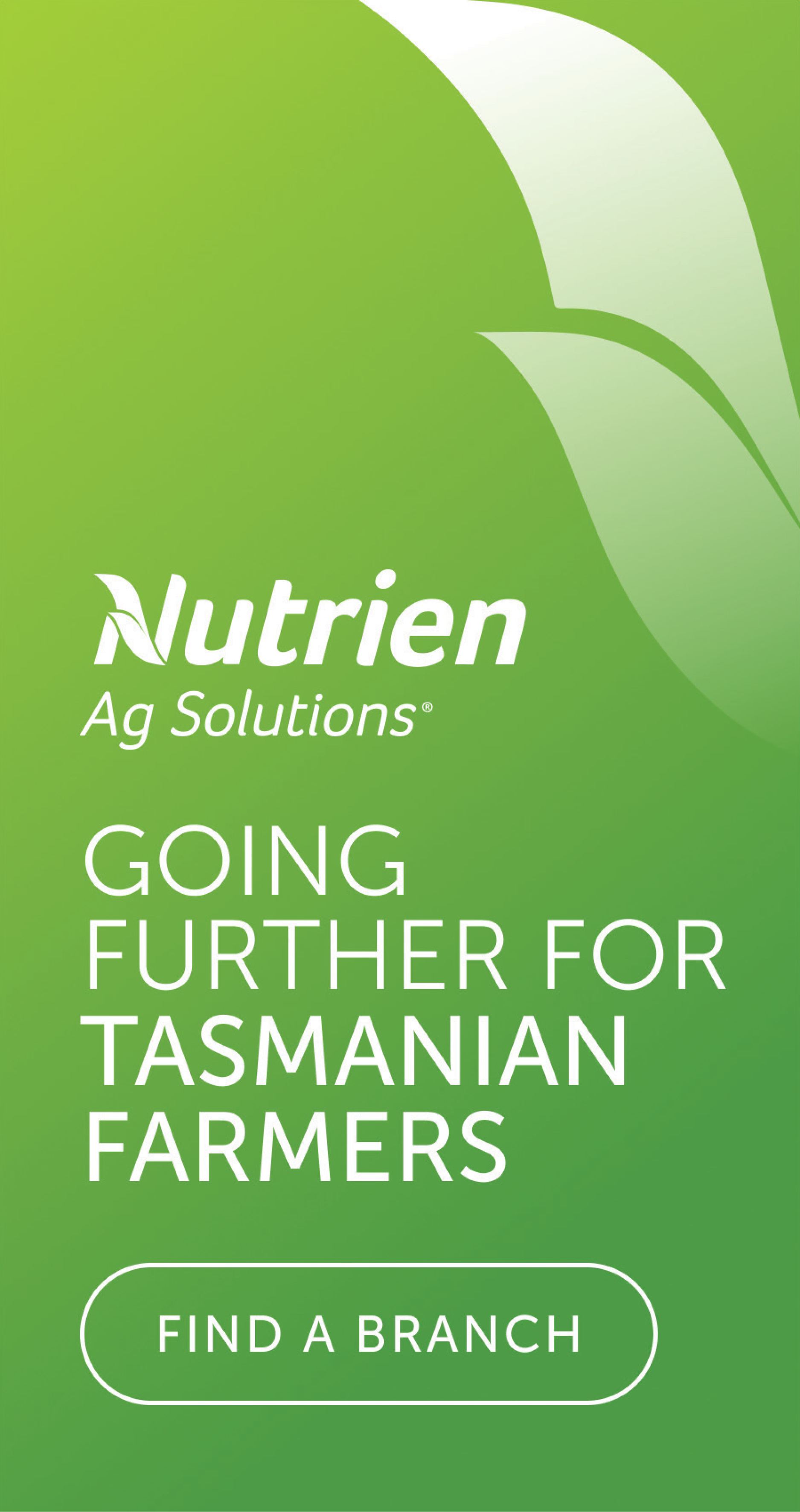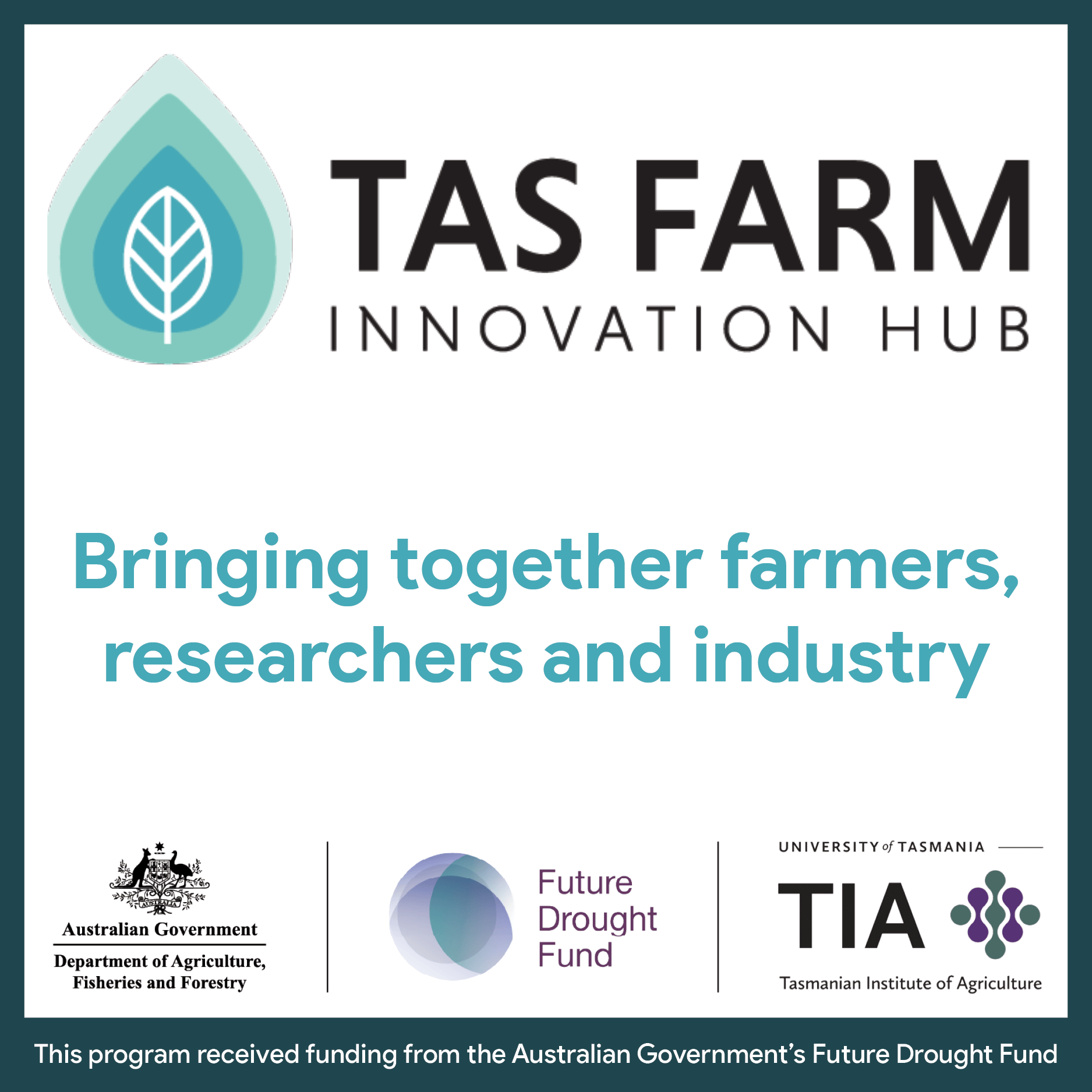Red tape hits roadside vegetable stores

Growers of berries and leafy vegetables selling from a small roadside fridge, the farm gate or a farmer’s market have been given three months to prepare for the introduction of stringent and costly new safety regulations.
Public consultation is still open on the draft regulations and will close at 5pm on December 19.
The new accreditation, as recommended by Food Standards Australia New Zealand (FSANZ), will take effect from February 12 and be enforced by the middle of next year.
Small scale growers are bracing for the extra paperwork and many are unhappy about the financial and administrative pressure it will place on their small businesses, saying there has not been a safety issue in the past, therefore the regulations are unnecessary.
St Helens market gardener Josh Hall grows and bags up salad mix and has up to 20 different crops growing throughout the year, including spinach, rocket, tomatoes, cucumber, zucchini, potatoes, onions, capsicum, jalapeno and garlic.
This year so far he’s produced 453kg of salad mix with 95 per cent of it sold within 2km of his farm.
“My first aim is to feed locals, but summer brings the tourists so that’s also a big part of my customer base,” he said.
“All the produce is sold directly to the consumer and it’s grown on a half-acre of growing space where efficiency is the key.
“This is my fourth summer and I've never had a quality problem – no returns and no complaints about quality because, unlike big producers, I can wash, dry and package my produce without compromise.”
Until recently, seed sprouts were the only regulated horticulture commodity in Tasmania, alongside meat and poultry, eggs, seafood and pet food.
Going forward, any sales of strawberries, blueberries and any berries from the genus Rubus, baby leaves, lettuce, leafy herbs and, while not pertinent to Tasmania, fresh melons, will be strictly monitored to avoid potential outbreaks of disease.
Sellers will be required to have a system in place to identify the growing site of the produce, who it came from and who is being supplied.
They must make sure equipment is designed, constructed, maintained and operated in a way that allows for effective cleaning and sanitisation of the premises and equipment and that everyone involved in the supply chain has knowledge and skills in food safety and food hygiene.
FSANZ has acknowledged that the majority of horticultural produce in Australia is safely produced and is an important part of a healthy and balanced diet.
“However, foodborne illness outbreaks, deaths, product recalls and other food safety incidents in Australia linked to horticulture, continue to occur,” it said.
It said that the microbial hazards of greatest concern are:
- for berries: shiga toxin-producing Escherichia coli (STEC), norovirus (NoV) and hepatitis A virus (HAV)
- for leafy vegetables: STEC, non-typhoidal Salmonella spp. (Salmonella) and Listeria monocytogenes (Listeria)
- for melons: Salmonella and Listeria.
The most likely sources of produce contamination included animals, growing location, extreme weather events, soil, manure and composts, water inputs, postharvest washing and sanitisation, and poor worker and equipment hygiene.
Mr Hall said that Sprout Tasmania members discussed the possibility of the new rules being adopted more than a year ago and were told that NSW and Victoria went back to the drawing board on land size, settling on accreditation only being required on land of more than 2ha, while NSW had the paperwork accepted but not any fees.
“While it’s not clear this looks like it’s going to cost me between $370 up to $700 for the vegetables and a second set of fees for berry accreditation, which I also grow.
“Biosecurity Tasmania has worked on this for more than a year, yet they've given us four weeks to provide feedback at the start of summer - the busiest time of year!”
Biosecurity has indicated it will look at having a tiered fee system to look after the smallest growers but has not yet decided on the final amount, saying the fee will be waived when the first round of accreditation is enforced in June next year.
It said that the standards aim to strengthen food safety management on-farm and during initial processing to reduce food safety risks along the supply chain from farm to fork.
“The Salmonella and Hep A statistics being quoted are vague and misleading and not relevant to Tasmania – there have been zero cases of Salmonella in Tasmania from a leafy veg and the only HepA came from frozen imported berries,” Mr Hall said.
“Salmonella cases in Tasmania have followed the same pattern for years, rising in warmer months, but there has been no spike.”
“Why impose this on every small-scale grower when you can’t even measure its success?”
Mr Hall is also worried that remote towns that struggle to get quality fresh produce will lose their local roadside stalls and small-scale growers.
Community gardens, which have an important role providing fresh food to people to people with low incomes, will also be affected.
TasFarmers chief operator officer Neil Grose said that growers need to “push back”.
“Even our bigger producers don’t have to undergo this kind of rigorous standard and if we want people to put more vegetables on their plate why are we making it harder?” he said.
“It just makes life harder and more expensive – I just don’t understand what we’re trying to fix here.”




Add new comment
Comments
Roadside vegetable red tape
This is Tasmania that’s what we do we grow our own veg and fruit
Anyone would think we were living in a communist country
Or is that where we are headed
Fight back and the public and businesses need to get on board too
This is absolutely ridiculous
More red tape!!
This is just another ploy by the government to line their coffers!
What about all the back yard gardners ? They don’t get sick from eating their homegrown produce.
This law that comes in next year will put just a whole lot more pressure to survive on all
producers large and small .
It’s all a complete load of crap and a complete re think should happen now
Red Tape re leafy vegetables Tas Country
Well it looks like there goes our Sunday Drive to buy nice produced products from the farm gate. My Grandparents would turn over in their grave. They produced raw milk butter veggies bacon/ ham that lasted 12 months poultry beef and lamb slaughtered locally and they made their 90's I have lived on raw milk all my life and just about all the kids at my school had raw milk the same with no mention of allergies. Now we have big agriculture big Supermarkets pastuarised milk but all these problems
that need all this red tape where will it end???